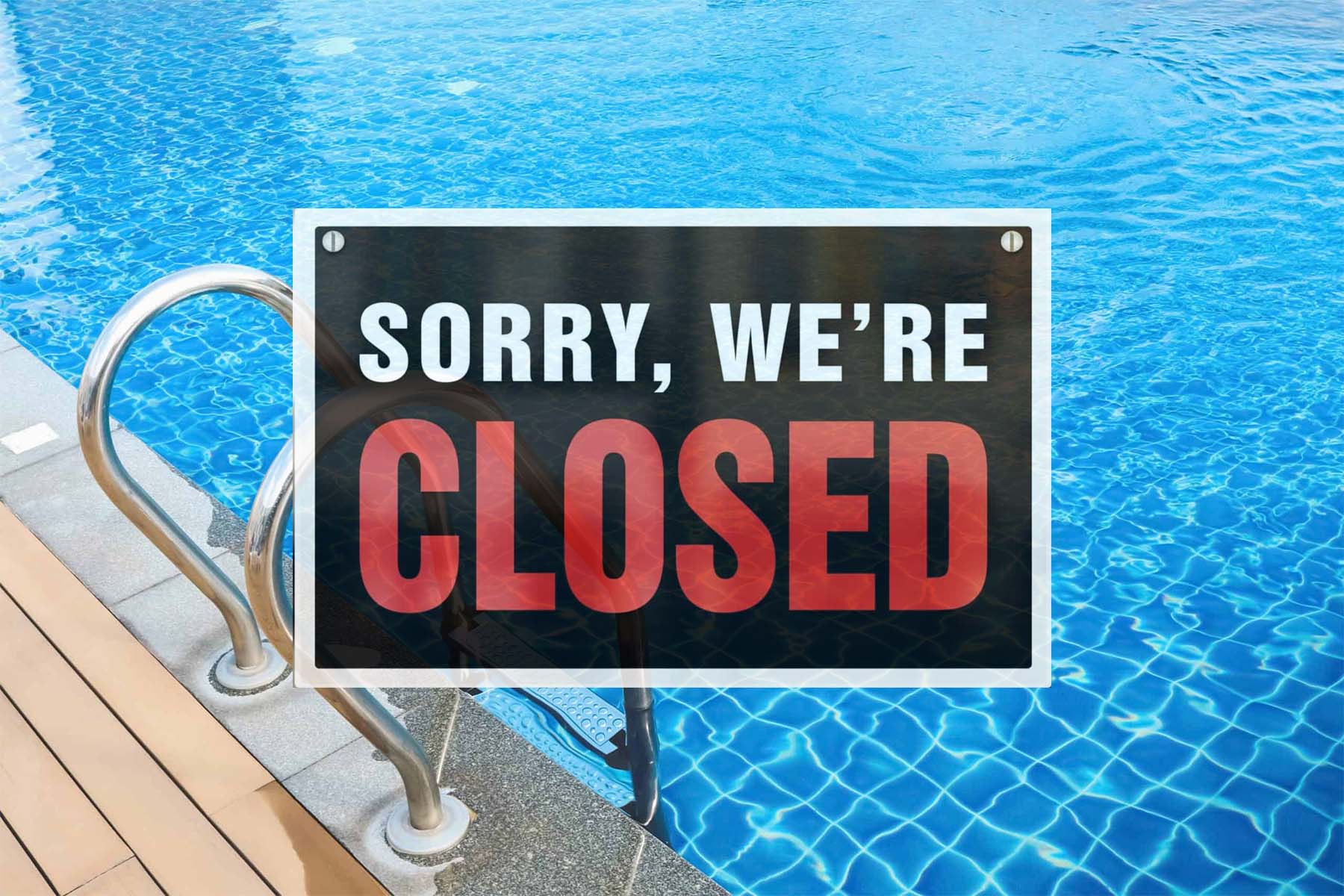New analysis reveals that 76% of the publicly accessible water space lost in the past 15 years has disappeared since 2020, highlighting the escalating crisis facing the sector.
With increasing financial pressures, ageing facilities and rising operational costs, many more pools and leisure centres are at risk of closure, leaving communities without vital spaces for physical activity and social connection.
ukactive and Swim England are urging the government to provide support for swimming pools and leisure centres as part of the upcoming Comprehensive Spending Review and place them at the heart of efforts to support economic growth by reducing the burden of ill health.
🏊♂️ UK Swimming Pool & Water Space Losses (2010–2024)
All figures from Sport England’s Active Places Power facilities database
| Period | All Pools | All Water Space | PA Pools | PA Water Space |
|---|---|---|---|---|
| 2010–2014 | -97 | 584 | -71 | 2604 |
| 2015–2019 | -189 | -13033 | -143 | -9246 |
| 2020–2024 | -205 | -22410 | -182 | -21251 |
| Total Lost (2010–2024) | -491 | -34859 | -396 | -27893 |
📊 Losses Since 2020 (as % of total lost since 2010)
| Category | % Lost Since 2020 |
|---|---|
| All Pools | 41.8% |
| All Water Space | 64.3% |
| Publicly Accessible Pools | 46.0% |
| Publicly Accessible Water Space | 76.2% |
Note: “PA” = Publicly Accessible.
The bodies are calling for the government to provide a comprehensive strategy for the future of gyms, swimming pools and leisure centres, that supports their renewal and growth so they can play their fullest role in boosting the economy and reducing health inequalities.
With ill health estimated to cost the UK economy around £150 billion a year, the case for action has never been clearer.
Without targeted support however, the loss of water space across the UK will likely continue to accelerate, further impacting public health, wellbeing, and local economies as people struggle to access.
500 swimming pools have been lost since 2010, totalling a massive 34,859 sq metres of water space. Of all the pools lost in that time, almost half (42%) have been lost since 2020.
Additionally, of the 10 local authorities that have seen the biggest decline in pool space, 70% have higher than average indices of multiple deprivation, risking exacerbating already stark health inequalities.
Worryingly, according to Sport England’s latest Active Lives Children and Young People survey for the 2023-24 academic year, 30% of children in Year 7 are unable to swim 25m competently, confidently and proficiently, a statistic that has risen from 27% in 2017-18.
We know that people value their swimming pools, with three-quarters of children saying they want to swim more and 91% of children stating they either “love” or “like” swimming.
Swimming pools and leisure centres play a critical role in improving the nation’s health, reducing pressure on the NHS, supporting local economies and acting as much-loved community hubs.
Leisure operators use pools to provide essential health services that take pressure off the NHS in the community, helping people to manage long-term conditions and improve their recovery, often reducing the need to visit a hospital or surgery.
In the UK, 66% of cancer prehabilitation and rehabilitation services take place in fitness and leisure settings, and emerging health programmes also address musculoskeletal (MSK) conditions which are a leading cause of disability, pain and workforce absence.
Investing in these facilities is an investment in the health and prosperity of the nation. In recognition of the challenging financial situation facing the nation, the organisations are encouraging the government to channel alternative sources of funding to deliver the investment needed into our nation’s swimming pools and leisure centres to ensure a sustainable network of facilities for the future.
ukactive and Swim England are calling on the government to work with the sector as part of the spending review to secure the future of swimming pools and help operators unlock their full potential by removing barriers to growth and access.
The bodies believe such plans can help the government achieve its missions for health improvement and economic growth in several ways, such as regeneration plans, employment opportunities and NHS integration.
Huw Edwards, CEO of ukactive, said: “If the government wants to drive economic growth, we must prioritise the health of our nation. Swimming pools, gyms and leisure centres are vital to this ambition, providing accessible opportunities for people of all ages to stay active, healthy, and engaged in their communities. Communities are already losing access to these essential facilities at an alarming rate. Without government intervention, the situation will deteriorate further with dire consequences for public health, economic productivity, and the future of grassroots sport and physical activity.”
Andy Salmon, CEO of Swim England, said: “Swimming is a life skill that delivers incredible physical and mental health benefits for people of all ages, from young children learning to swim to older adults staying active. For those living with health conditions who may struggle to be active on land, access to pools can be life-changing. The ongoing loss of swimming pools is devastating communities and must be urgently addressed to ensure everyone can continue to experience the life-enhancing benefits of being in the water.”
ukactive and Swim England are calling on the government to take decisive action in the Comprehensive Spending Review to secure the future of swimming pools and leisure centres, ensuring they remain a cornerstone of public health and supporting them to play their full part in delivering economic growth and healthier and happier communities.





